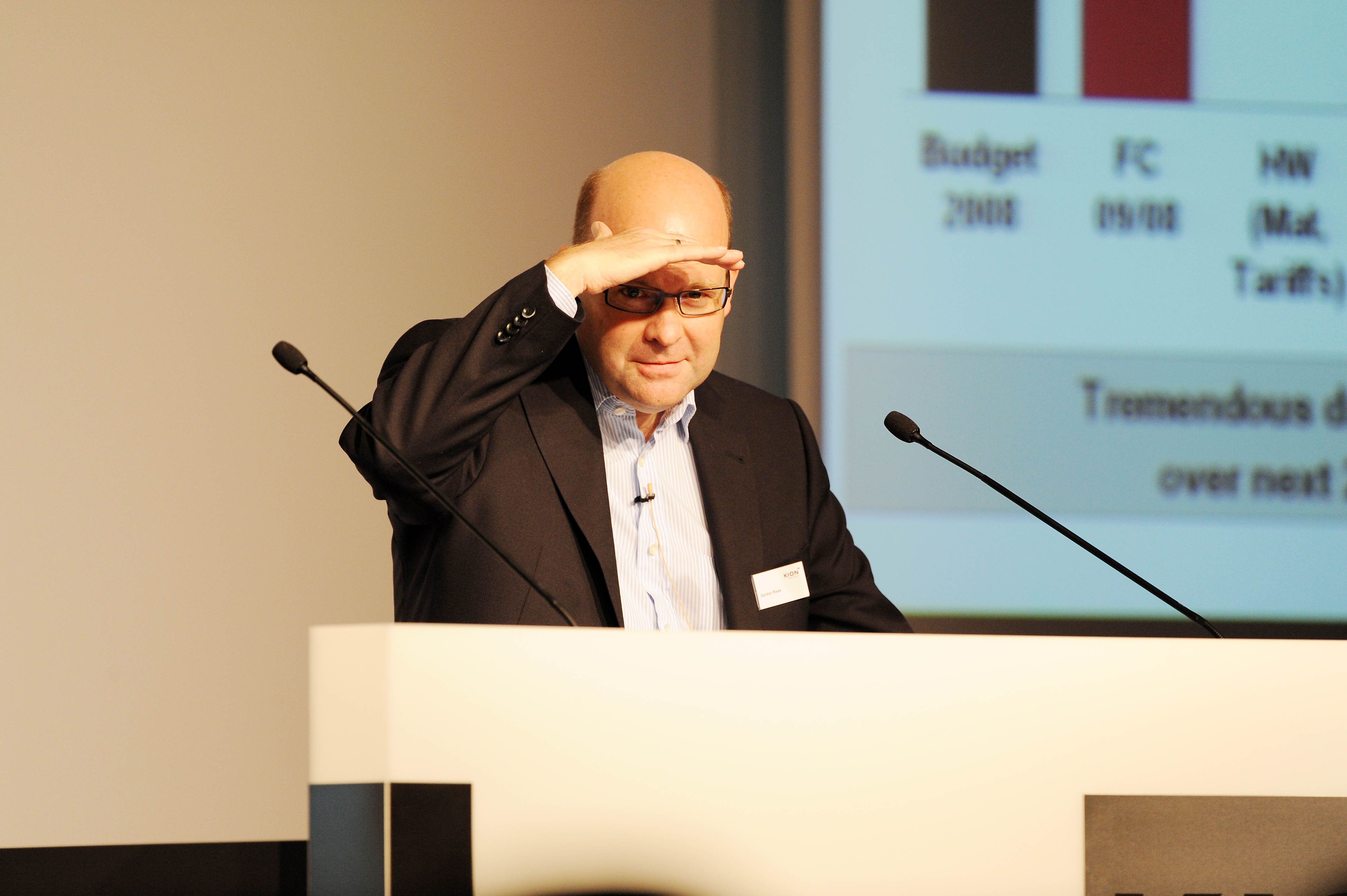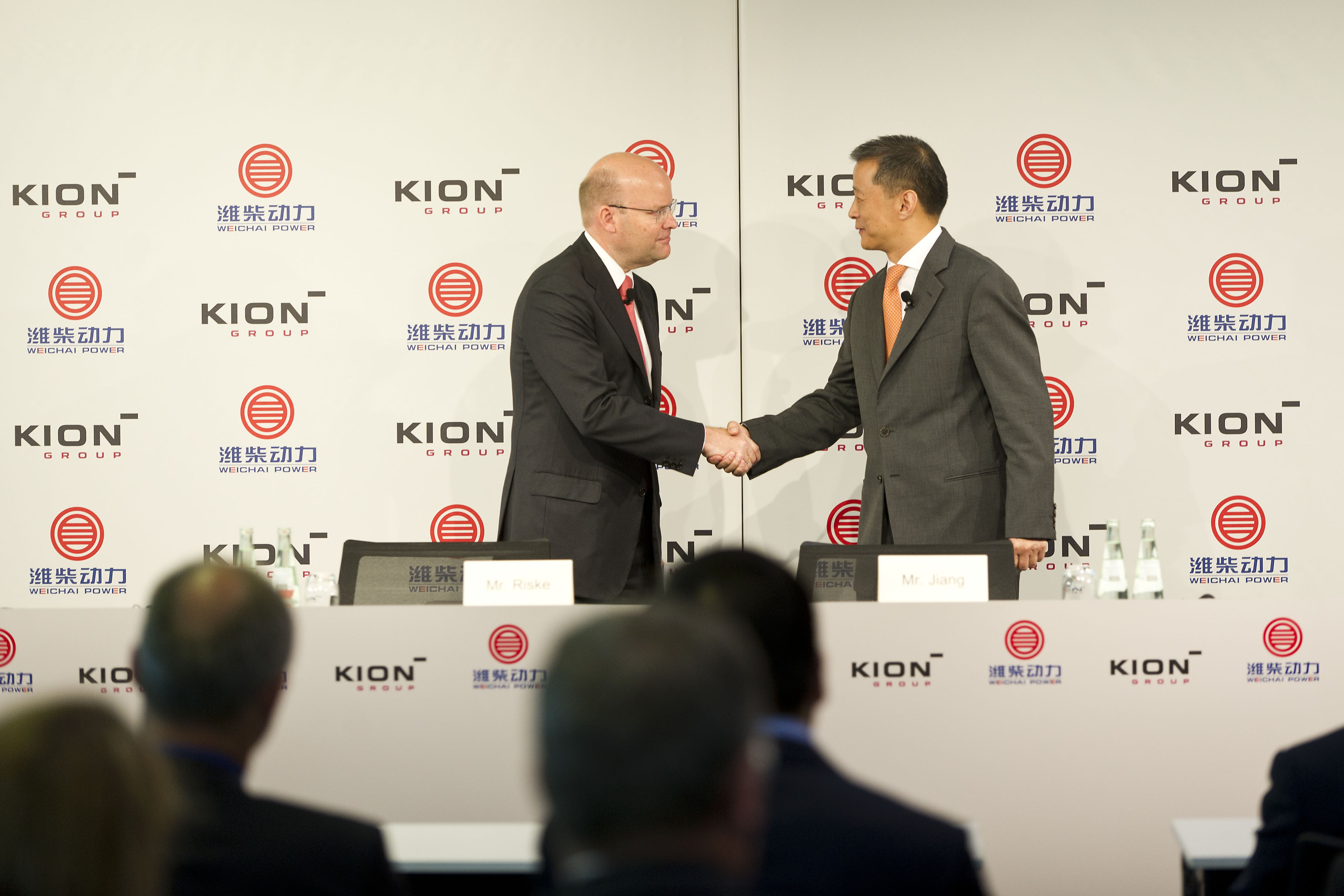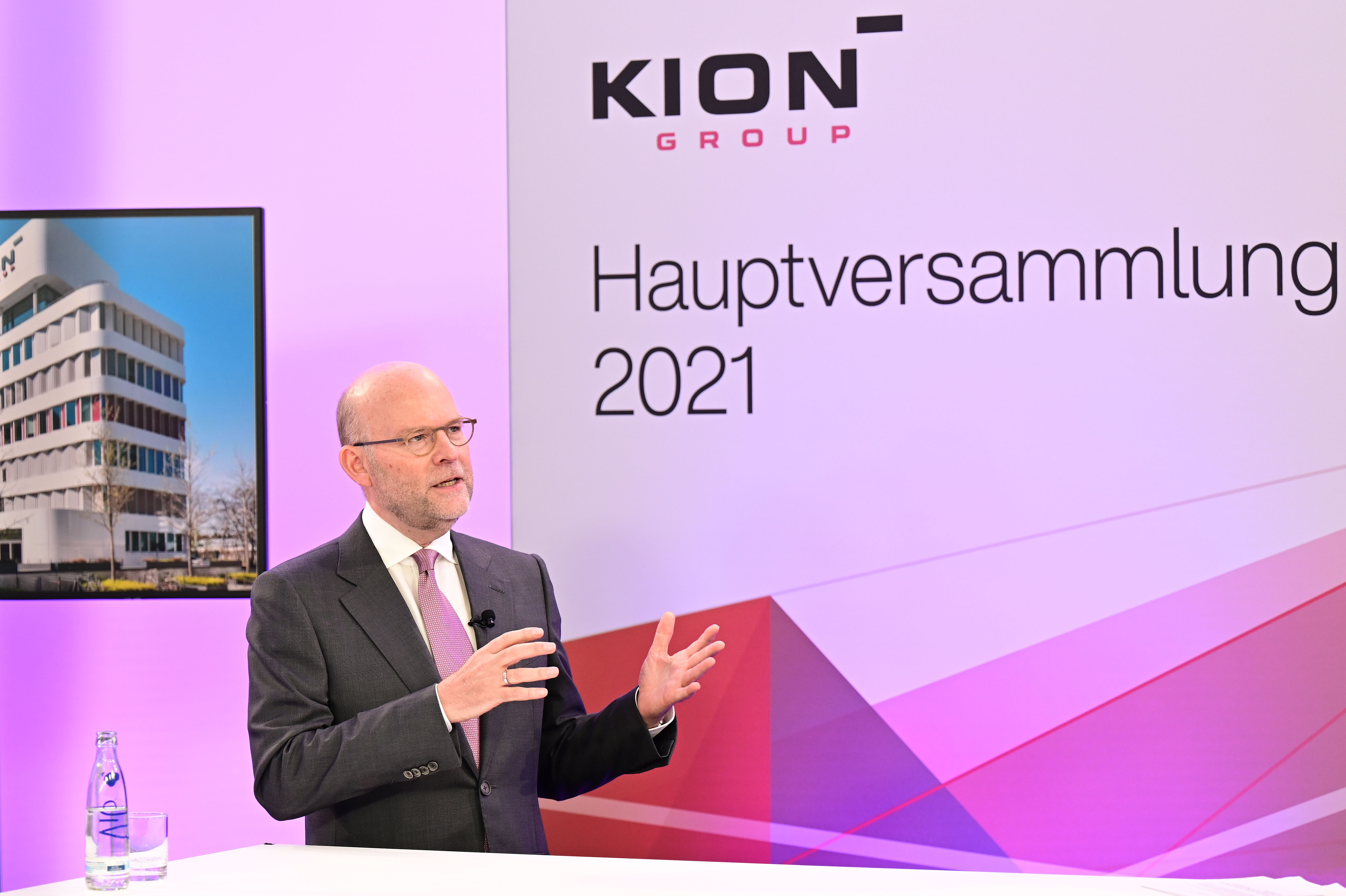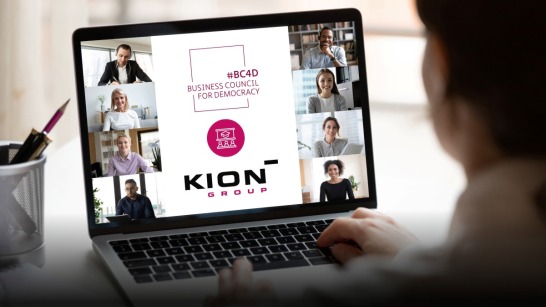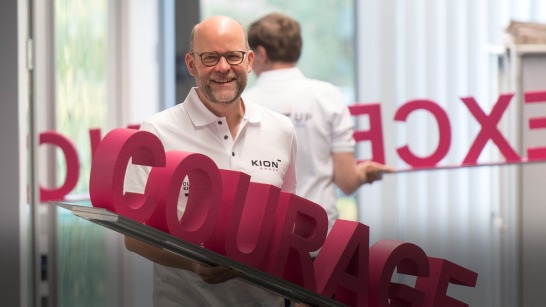
CEO Gordon Riske will say farewell to KION at the end of 2021
Globalization, automation, digitalization, and electrification – for Gordon Riske, these megatrends of the present were and are firmly anchored in his own life story. After 14 years under his leadership, it is no accident that the KION Group has positioned itself precisely where it is.
2021-12-20

